So, what does it entail to become a therapy dog?

We are animal lovers here at the Miller-Dwan Foundation and we understand the importance of having our furry friends as our partners in healthcare. In March, we adopted an Australian Cattle Dog names Lou Ann, in hopes of her being our therapy-dog-in-training and ambassador for the Animal-Assisted Therapy program. She is still in full-on puppy mode and has so.much.energy. (See this video when we took her to run and fetch at the Essentia Health Fitness Center!). Every day is better than the last with Lou Ann as she becomes more acclimated and accustomed to different people, sights, sounds and smells. Check out this article about things to think about when you have a puppy that is waiting in the wings to be a therapy animal.
There are three types of assistance animals. Each performs a specific function and has special access rights:
- Service dog: trained to help people with disabilities such as visual impairments, mental illnesses, seizure disorders, diabetes, etc.
- Therapy dog: trained to provide comfort and affection to people in hospice, disaster areas, retirement homes, hospitals, nursing homes, schools and more.
- Emotional support dogs:provides their owners therapeutic benefits through companionship.
There are a number of different organizations that will register you and your dog as an animal-assisted therapy team, all of which have different requirements. We are following Pet Partners to register Lou Ann as a therapy dog so the process listed below are the terms specific to that program.
In order to become a therapy dog, the following steps need to be taken:
- Basic obedience: Dog should be able to sit, stand, down, stay, leave it, etc. on command. It is suggested that the dogs pass the Canine Good Citizen test, and it is prerequisite for some programs.
- Online or in-person training: This is sometimes called the “other end of the leash” training. It involves the following:
- Read their animal’s body language and recognize when their animal is stressed, anxious, concerned, overstimulated, or fatigued.
- Demonstrate positive interactions with their animal by praising, cueing, encouraging, and reassuring the animal as needed.
- Cue or redirect their animal without raising their voice, forcefully jerking on the leash, or offering the animal food or toys.
- Make casual conversation with those they meet on visits while still being attentive to their animal.
- Guide the interactions of others with the animal in a professional and polite manner.
- Advocate for the safety and well-being of their animal at all times.
- Pass a criminal background check (for volunteers in the US who are 18 years of age or older)
If you and your dog have completed all the necessary steps and are interested in volunteering as an pet therapy team with the Essentia Health system, give us a call at 218-786-5829. We’ll get you lined up to start making a difference in patients lives.

Some important things to remember:
- A therapy dog has to be at least one years old in order to be a therapy dog.
- You must pass the Canine Good Citizen test.
- You must be registered with an accredited organization, such as Pet Partners, Therapy Dogs International, Alliance of Therapy Dogs, etc. Keep in mind that each organization is unique and has their own requirements so be sure to look into what it entails before beginning your training.
Fun Fact: 94% of the animals registered with Pet Partners are dogs but they also encourage friendly, well-behaved cats, horses, birds, pigs, llamas & alpacas, rabbits, rats, and guinea pigs!
If you are interested in giving to the Miller-Dwan Foundation Animal-Assisted Therapy fund, click here. Your generous gifts will recognize pets as our partners in care, supporting the ongoing and expanded therapeutic use of animals in a variety of departments beyond mental health and physical rehabilitation.
To read more about Lou Ann, the Miller-Dwan Foundation therapy-dog-in-training, click here. You can also follow her on Instagram!



